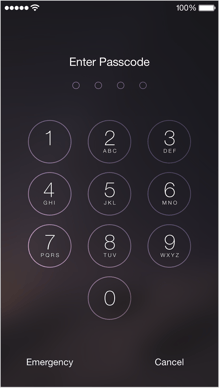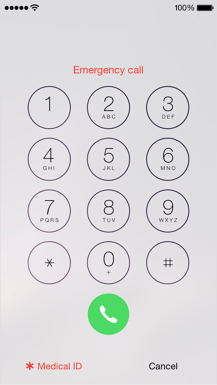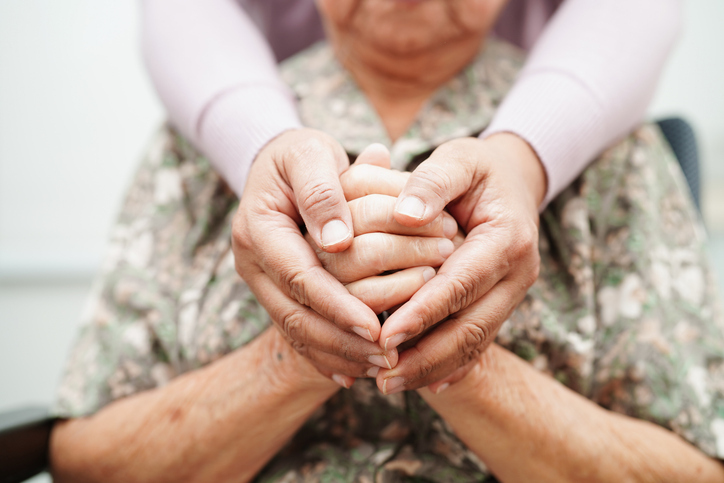
You don't know when an emergency is going to happen. You don't know if the emergency is going to happen to you. But you can prepare for a medical emergency by downloading the Apple Health app and creating a Medical ID.
People should keep their information and medical history with them in case they cannot communicate during an emergency. We aren't saying you should carry your entire medical file to the grocery store. But what if we asked you to carry your smart phone?
Some people wear their information on jewelry like bracelets or dog tags. Other people have it written down and kept in their wallet. Now most people have a smart phone and can download apps like the Apple Health app.
This health app allows you to store and update all your important medical information. Information including your name, date of birth, medical conditions, medical notes, allergies and reactions, medications, emergency contacts, blood type, organ donor status, weight, height, and photo can all be stored and accessed from a touch of a button on your lock screen.
Here's how to access Medical ID on a locked iPhone:
1. Swipe to unlock.
2. Tap Emergency.
3. Tap Medical ID, on the emergency call screen.


Here's how to insert your information in the app:
1. From the iPhone home screen, choose the “Health” application. It is the white app with a pink heart in the top right corner.
2. You will notice a “Medical ID” option in the tool bar along the bottom of the screen.
3. An option to “Create Medical ID” will appear and display a screen with fields for you to enter your information.
As a patient, it can save your life. For medical professionals, try to make it a habit to always check a patient's phone for a Medical ID. It could help you save their life.
Related Article:





